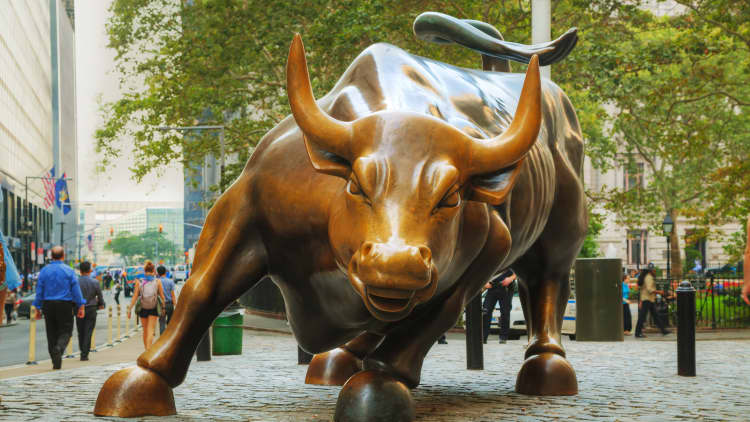Michael Burry, one of the first investors to call and profit from the subprime mortgage crisis, is seeing a similar bubble in passive investing, according to Bloomberg News.
Passive investments such as index funds and exchange-traded funds are inflating stock and bond prices in a similar way that collateralized debt obligations did for subprime mortgages more than 10 years ago, Burry told Bloomberg News in an email. When the massive inflows into passive vehicles reverse, "it will be ugly," he said.
"Like most bubbles, the longer it goes on, the worse the crash will be," Burry said. "This is very much like the bubble in synthetic asset-backed CDOs before the Great Financial Crisis in that price-setting in that market was not done by fundamental security-level analysis, but by massive capital flows based on Nobel-approved models of risk that proved to be untrue."

Burry manages about $340 million at Scion Asset Management. He shot to fame by betting against mortgage securities before the 2008 crisis. Burry was depicted in Michael Lewis' book "The Big Short" and the subsequent Oscar-winning movie of the same name.
Low-cost passive vehicles have gained popularity on Main Street. Passive investments have now taken over nearly half of the stock market as more investors shun stock pickers and flock to index funds, according to Bank of America Merrill Lynch. Equity passive funds alone have ballooned to a more than $3 trillion market in less than 10 years, according to Morningstar. These funds mirror just about anything that can be tracked. They include indexes such as the S&P 500 or the Russell 2000.
"Trillions of dollars in assets globally are indexed to these stocks," Burry said. "The theater keeps getting more crowded, but the exit door is the same as it always was. All this gets worse as you get into even less liquid equity and bond markets globally."
Many notable investors have sounded alarms on the proliferation of passive investing. DoubleLine Capital CEO Jeffrey Gundlach previously said it is causing widespread problems in global stock markets. He called it a "herding behavior" and said it has reached "mania status."
— Click here to read the original Bloomberg story.



